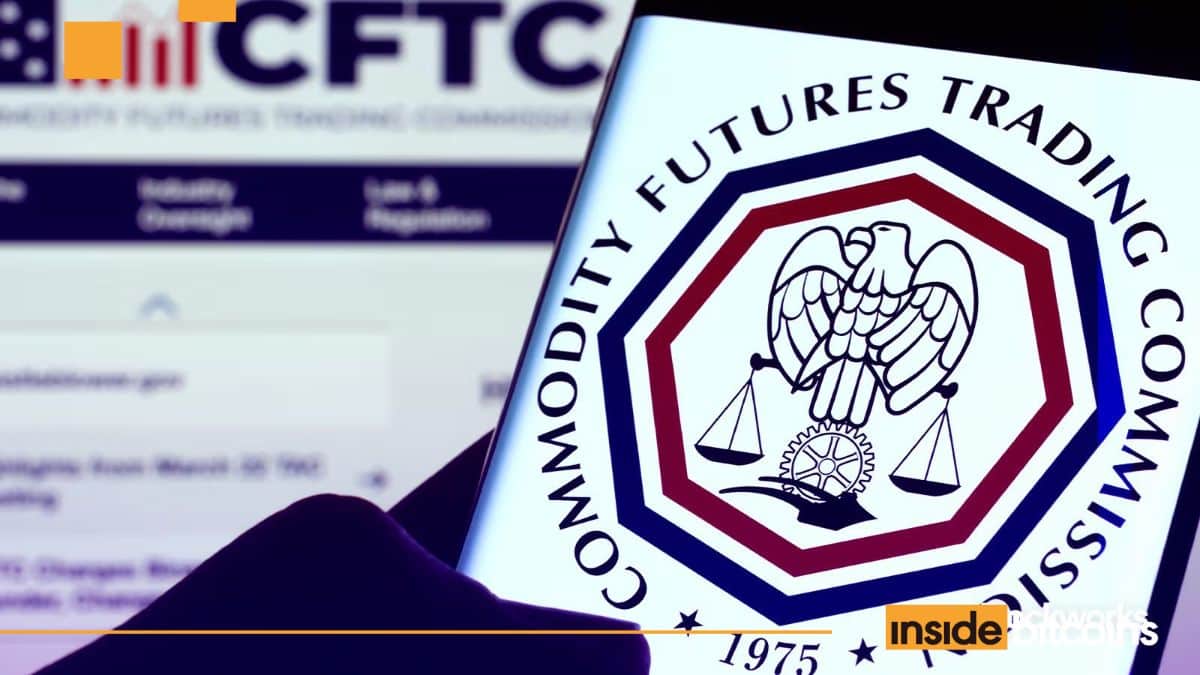Cryptocurrency’s Massive Crackdown: Brazil Enforces 9-Month Rule Overhaul to Curb Fraud

- Tightening regulations concerning cryptocurrencies has been opted by Brazil’s central bank as a way to combat fraud and money laundering.
- Regulations that have been put in place now call for the crypto service providers to not only get approval but also improve their compliance mechanisms.
- Brazil moves to solidify its place as the top cryptocurrency country in Latin America while being under global scrutiny.
The central bank of Brazil has set a definitive boundary. It was on Monday that the financial authority announced the new rules regarding digital assets, which imposed stricter norms to combat the illegal transactions. The declaration represents a drastic change in Brazil’s crypto policy, from a thriving market to a controlled one.
According to the new scheme, the central bank is going to issue permissions to all virtual asset service providers who want to operate. They are grouped into three major categories now: intermediaries, custodians, and brokers. The regulations place crypto companies alongside the old-style banks and other financial institutions, one of the main requirements being robust corporate governance, internal controls, and client rights protection.
The objective is to keep things straightforward and clear-cut, to stop all sorts of fraudulent activities visiting the crypto world, including scams, fraud, and money laundering. The requirements are quite demanding and they consist of building compliance systems, taking care of risks, applying cybersecurity rules, and being ready to deal with crises well ahead of time. Moreover, only the companies that satisfy these conditions will be granted the right to operate beyond February 2026.
Also Read: Kazakhstan’s Cryptocurrency Bold Take: Launches $1 Billion Reserve Fund
Brazil’s Cryptocurrency Rules Get Tougher
Meanwhile, the central bank announced that stablecoins pegged to fiat currencies and cross-border crypto transactions will be recognized as a part of Brazil’s foreign exchange market. Transactions with an unauthorized counterparty will be restricted to $100,000 only. Companies that do not twiddle their thumbs until November 2026 will be shut down.
Gilnew Vivan, the director of regulation at the bank, was unequivocal, the measures have been designed for the safety of Brazilian citizens against the financial crime and the digital economy trust rebuilding.
Brazil’s Rising Role in Global Cryptocurrency
Brazil is not merely keeping up with the cryptocurrency regulation trend but rather leading the way in Latin America. According to Chainalysis’ 2025 Global Crypto Adoption Index, the nation came in fifth worldwide, moving up from tenth place in 2024. Brazil engaged in $318.8 billion worth of crypto transactions during the period from July 2024 to June 2025, thus accounting for almost one-third of the overall activity in Latin America.
The head of the central bank, Gabriel Galipolo, pointed out that stablecoins constitute 90% of Brazil’s current total crypto flow which signals an increasing usage of digital assets in the country for both payments and savings.
 Director of Monetary Policy of the Central Bank of Brazil Gabriel Galipolo
Director of Monetary Policy of the Central Bank of Brazil Gabriel Galipolo
Brazil has not only leaped but also maintained a successful balance of cutting-edge technology and regulation over the past few years, in contrast to most of Latin America that remains reticent in terms of government policies regarding cryptocurrency. According to experts, this will be the case until 2025 when the country will be completely under a regulated environment for cryptocurrency, as it is likely to make the digital finance scene even more attractive to investors and other players.
Also Read: RedStone Launches DeFi Risk Ratings Following a $20 Billion Drop in the Cryptocurrency Market
You May Also Like

Bitcoin Core vs Knots saga continues as developer proposes one-year fork

Nomura Alters Fed Rate Cut Prediction for 2025

